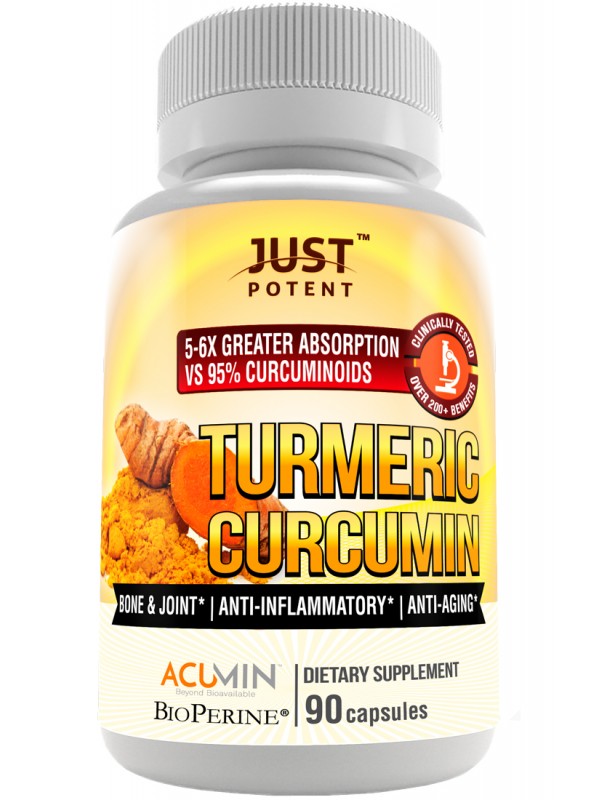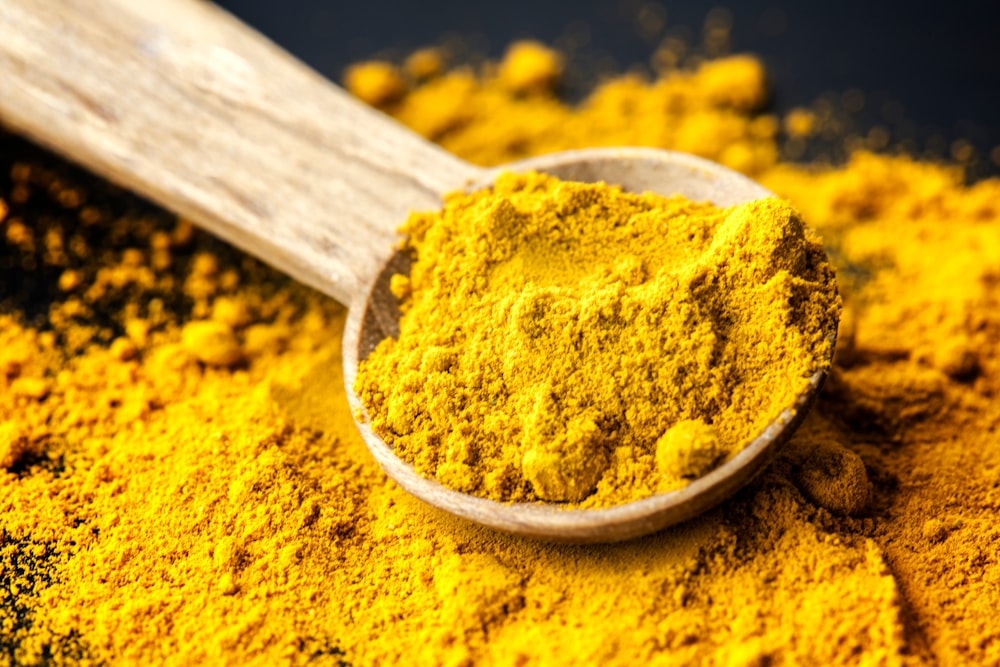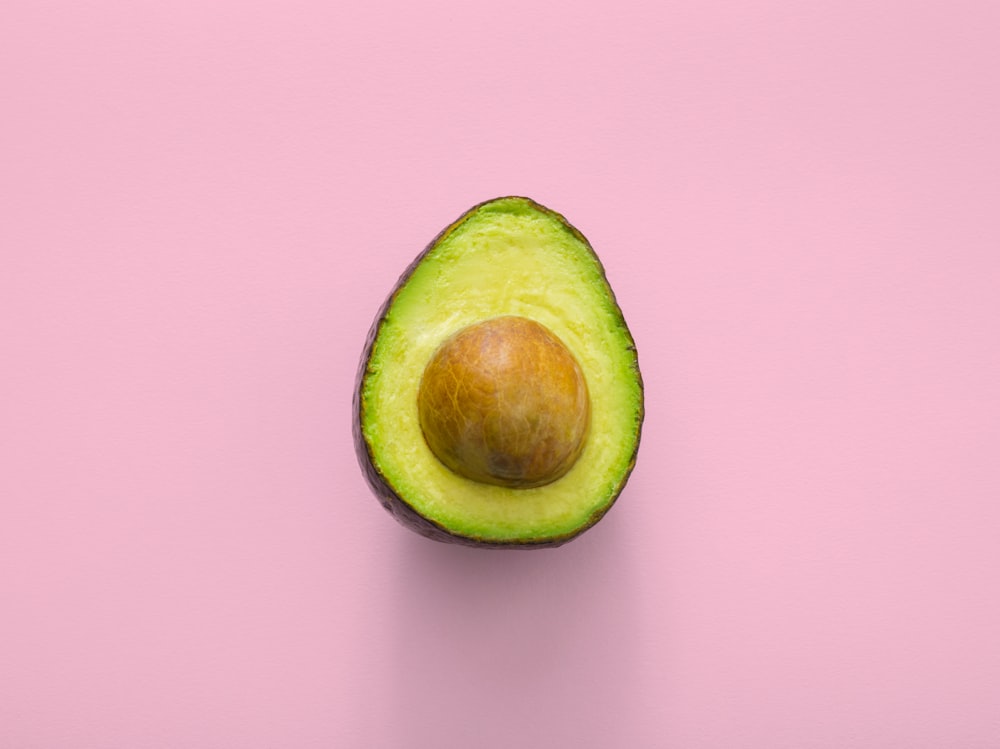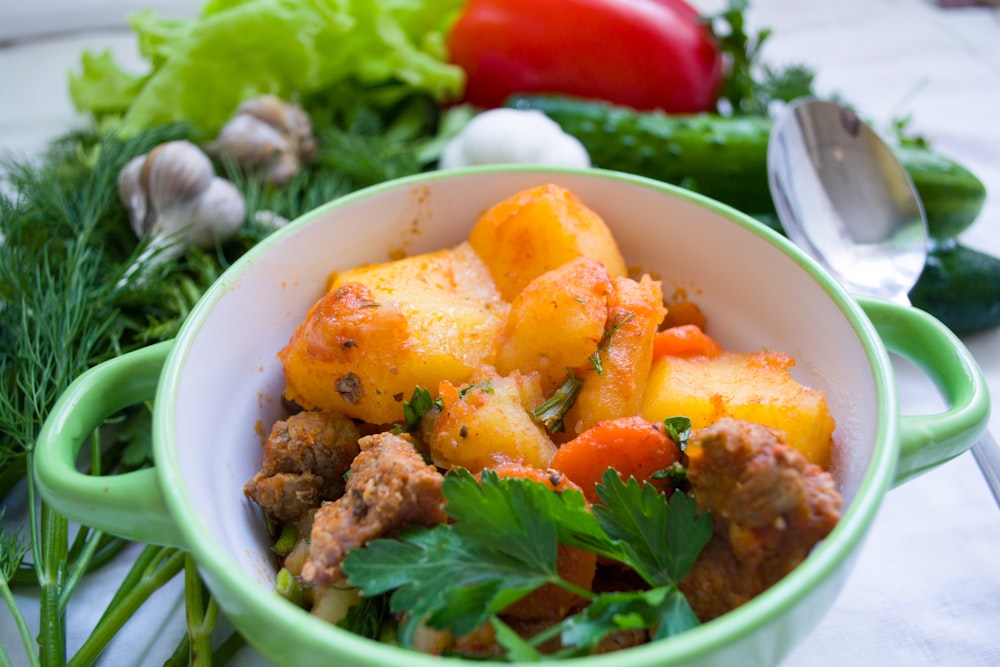If you pay attention to health news, you will notice that lately, turmeric has taken over. You may see those beautiful yellow turmeric lattes being whipped up in coffee shops, turmeric poached eggs for brunch, and turmeric is added to smoothies and chocolate bars. While it’s evident that its bright yellow hue is gorgeous, let’s take a step back and talk about why it’s the new “it” ingredient.
What is Turmeric?
Turmeric is a herb plant that grows in India and Central America. You most likely know it best for its extensive use in Indian cuisine. If you’re eating turmeric as opposed to taking it as a supplement, you’ll find the root in the produce aisle at the grocery store — it looks similar to ginger.
What are the Health Benefits of Turmeric?–What’s in the Popular Spice?
Turmeric is comprised of 100 compounds. The one most talked about is curcumin, the active compound that’s credited with most of the turmeric’s health benefits. If you are already this far into the article, you may already be thinking to yourself: “why is turmeric yellow?“. While turmeric gets its bright yellow hue from curcumin, this compound makes up only about 5 percent of the spice, according to an article published in January 2017 in the Journal of Medicinal Chemistry.
Regarding nutrition, 1 teaspoon (tsp) of the ground spice has 9 calories. More surprising is that it offers some protein — 0.3 grams (g) — and fiber (0.7 g), impressive given how much is present in a small amount. (4) With 1.65 milligrams (mg) of iron, it also contains 23 percent of the daily value of iron that men need. Women require 18 mg of iron daily, so 1 tsp of turmeric supplies 9 percent of their quota. (5) That said, it’s likely that you’re eating far less than 1 tsp at a sitting. A tsp may be added to an entire recipe, for instance.
Why Turmeric is Potent
Turmeric is considered a super food due to its concentration of curcumin, a polyphenol (antioxidant plant compound) that has anti-inflammatory properties, according to a review published in October 2017 in the journal, Turmeric is considered a super-food due to its concentration of curcumin, a polyphenol (antioxidant plant compound) that has anti-inflammatory properties, according to a review published in October 2017 in the journal Foods.
For that reason, it’s been credited with helping to reduce harmful inflammation, particularly in arthritic conditions like rheumatoid arthritis (RA); helping manage metabolic syndrome (by helping improve insulin sensitivity and also lowering blood pressure and inflammation); helping improve cholesterol levels; possibly lessening anxiety, and tempering post-exercise muscle soreness. It may also ease digestive woes, including peptic ulcers, and regulate digestion.
One study found that taking turmeric extract for eight weeks has been shown to decrease the severity of pain and abdominal discomfort associated with irritable bowel syndrome. Other research, published in March 2018 in the American Journal of Geriatric Psychiatry, showed that as little as 90 mg of curcumin (taken in the form of a supplement) may help improve cognitive health in healthy adults.
Can Turmeric Help You Lose Weight?
One study, published in November 2015 in the European Review for Medical and Pharmacological Sciences, looked at overweight people with metabolic syndrome who already lost about 2 percent of their body weight. Taking a curcumin supplement for 30 days was found to enhance their weight loss efforts, helping them lose a total of almost 5 percent of their body weight and reduce their body fat by 8 percent. (This was a “bioavailable” curcumin supplement, meaning it’s specially formulated to be better absorbed by the body. It’s different than merely eating turmeric alone.)
Turmeric as a Nutritional Hero
Previous research published in the Journal of Nutrition that was performed on animals hinted that curcumin supplements may blunt the weight gain effects of a high-fat diet. The compound may inhibit the growth of fatty tissue. Remember, it’s unlikely you’ll get the same effect by using turmeric, but this may be one more reason to add it to your foods. If anything, seasoning food with turmeric can help lessen your need to add salt, fat, or sugar to boost the flavor of your dishes.
For that reason, turmeric has been credited with helping reduce harmful inflammation, particularly in arthritic conditions like rheumatoid arthritis (RA); helping manage metabolic syndrome (by helping improve insulin sensitivity and lower blood pressure and inflammation); helping improve cholesterol levels; possibly lessening anxiety, and tempering post-exercise muscle soreness. It may also ease digestive woes, including peptic ulcers, and regulate digestion.
One study, published in the book Herbal Medicine: Biomolecular and Clinical Aspects, 2nd Edition, found that taking turmeric extract for eight weeks has been shown to decrease the severity of pain and abdominal discomfort associated with irritable bowel syndrome. Other research, published in March 2018 in the American Journal of Geriatric Psychiatry, showed that as little as 90 mg of curcumin (taken in the form of a supplement) may help improve cognitive health in healthy adults.
Turmeric as a Food Seasoning
Previous research published in the Journal of Nutrition that was performed on animals hinted that curcumin supplements may blunt the weight gain effects of a high-fat diet. The compound may inhibit the growth of fatty tissue. Remember, it’s unlikely you’ll get the same effect by using turmeric, but this may be one more reason to add it to your foods. If anything, seasoning food with turmeric can help lessen your need to add salt, fat, or sugar to boost the flavor of your dishes.
The bottom line is that turmeric is right for you, so it is essential to find ways to include it in your diet. If you are a lover of Indian food like I am that should not be too difficult. I have long recommended drinking turmeric tea, a favorite drink in Okinawa, and probably one of the reasons that lifespans are longer there than any other country.
I also frequently recommend turmeric supplements to my friends and my family and believe them to be more effective than isolated curcumin for inflammatory disorders. Neither curcumin nor turmeric taken orally is well absorbed unless taken with black pepper or piperine, a constituent of black pepper responsible for its pungency but that is a discussion for another day.
Also, when you are out and about shopping for supplements, make sure that the one you choose contains black pepper extract or piperine. (If you’re cooking with turmeric, be sure to add some black pepper to the food.). Note that piperine can slow the elimination of some prescription drugs including phenytoin Dilantin, propranolol Inderal, and theophylline. Be patient when taking turmeric supplements: the full benefits may not be apparent for eight weeks.
Turmeric as a Supplement

Turmeric is one of nature’s most effective herbs and rightly so because it has a lot of multi-dimensional purposes that it serves. If you are thinking about natural ways to protect your immune system from unhealthy organisms and looming health attacks, then look no further than turmeric. It is highly efficient when it comes to keeping the human body in top shape as well as maintaining body weight. Check out our special turmeric/curcumin supplement. It is currently on sale, and if you are looking for where to purchase turmeric supplements, then you have definitely come to the right place. What makes Just Potent’s Turmeric/Curcumin stand out from the market competition is the fact that it has an ultra-high absorption rate and therefore dissolves 5-6 times faster than your regular turmeric supplement.
















